
Kód: 33096220
Platons Musen
In der Geschichtsschreibung der Philosophie und in der Tradition der Platon-Interpretation wird die eminente Rolle dieses Philosophen verstanden als eines der wichtigsten Phänomene einer Neuorientierung, als Ablösung von der vorso ... celý popis
- Jazyk:
 Němčina
Němčina - Vazba: Brožovaná
- Počet stran: 242
Nakladatelství: Olms Georg AG, 2020
- Více informací o knize

957 Kč
Dostupnost:
50 % šance Máme informaci, že by titul mohl být dostupný. Na základě vaší objednávky se ho pokusíme do 6 týdnů zajistit.
Máme informaci, že by titul mohl být dostupný. Na základě vaší objednávky se ho pokusíme do 6 týdnů zajistit.Prohledáme celý svět
Mohlo by se vám také líbit
-

Conscious Enneagram
494 Kč -

The Weed and the Water Fountain
541 Kč -

OBSERVATOIRE DU FRANCAIS DANS LE PACIFIQUE.
733 Kč -

Shadowing
524 Kč -
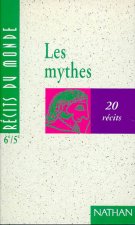
RECITS DU MONDE MYTHES 6E 5E
285 Kč -

PRIER 15 JOURS AVEC JEAN LEON LE PREVOST
492 Kč -
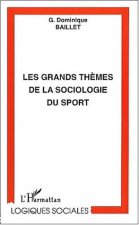
LES GRANDS THÈMES DE LA SOCIOLOGIE DU SPORT
791 Kč
Dárkový poukaz: Radost zaručena
- Darujte poukaz v libovolné hodnotě a my se postaráme o zbytek.
- Poukaz se vztahuje na celou naši nabídku.
- Elektronický poukaz vytisknete z e-mailu a můžete ihned darovat.
- Platnost poukazu je 12 měsíců od data vystavení.
Informovat o naskladnění knihy
Zadejte do formuláře e-mailovou adresu a jakmile knihu naskladníme, zašleme vám o tom zprávu. Pohlídáme vše za vás.
Více informací o knize Platons Musen
Nákupem získáte 96 bodů
 Anotace knihy
Anotace knihy
In der Geschichtsschreibung der Philosophie und in der Tradition der Platon-Interpretation wird die eminente Rolle dieses Philosophen verstanden als eines der wichtigsten Phänomene einer Neuorientierung, als Ablösung von der vorsokratischen Denktradition. Diese Einschätzungen gehen wie selbstverständlich davon aus, dass sich der Innovationsschub allein aus der intellektuellen Leistung Platons erklärt, denn angeblich hatte er keine Vorbilder.Bei genauerer Betrachtung stellt sich allerdings heraus, dass Platon selbst eingebunden war in intellektuelle Strömungen mit Langzeittradition, die in die Ära der klassisch-griechischen Antike nachwirkten, sein näheres Umfeld prägten und ihm wichtige Impulse für seine Orientierung vermittelten. Verbindungsstränge zwischen diesen Wirkungsströmen und vorgriechischen Kulturschichten sind in den letzten Jahren verstärkt erforscht worden.Die vorliegende Studie macht sich zur Aufgabe, die Einwirkung von Frauen - als Garanten traditionsorientierter Erfahrungswerte und Erziehungsideale - und von weiblichen Gestalten der griechischen Mythologie als Impulsgeber für Platons philosophisches Lehrgebäude auszuleuchten. Die feministische Forschung hat den Frauen im kreativen Schaffen Platons bisher lediglich Nischenplätze eingeräumt. In wichtigen Etappen für die Strukturierung von Platons Ideenwelt zeigt sich die Einflussnahme von Frauen mit hohem Bildungsniveau, wie der Philosophin Periktione, Platons Mutter, der Seherin Diotima, die Sokrates - Platons Protagonisten in vielen seiner Dialoge - zur Umstellung des philosophischen Diskurses auf die Dialogform motiviert, sowie auch von Themistokleia, der Orakelpriesterin von Delphi, deren Wirken über die Vermittlung von Pythagoras zum Tragen kommt. Diese Interaktion Platons mit weiblicher Intellektualität gilt es, im Kontext zu erschließen und in ihrer Gesamtwirkung zu würdigen. Ohne die Aktivierung weiblicher Inspirationsquellen wäre Platons philosophisches Projekt Stückwerk geblieben.****************In the historiography of philosophy and the tradition of Plato interpretation the pre-eminent role of this philosopher is understood as one of the most important phenomena in a reorientation, and as a departure from the Pre-Socratic tradition. This assessment is based on the assumption that the wave of innovation was purely the result of Plato's intellectual achievement since he apparently had no models.Closer examination, however, shows that Plato was himself inextricably linked with intellectual trends that had a long tradition, continued to influence the classical era of Greek antiquity, informed his own intellectual environment, and provided important impulses for his own orientation. The links between these influences and pre-Greek cultures have been increasingly studied in recent years.This study sets out to illuminate the influence of women - as guarantors of traditionally-oriented experience and of educational ideals - and of female figures in Greek mythology as catalysts for Plato's theoretical system. Feminist scholarship has previously tended to relegate women in Plato's creative work to a small niche. Important stages in the structuring of Plato's world of ideas show the influence of well-educated women such as the philosopher Perictione, Plato's mother, the prophetess Diotima, who motivates Socrates - the protagonist in many of Plato's dialogues - to convert philosophical discourse into the dialogue form, and Themistocleia, the Priestess of the Delphic Oracle, whose influence can be seen in the mediation of Pythagoras. These interactions between Plato and female intellectuals deserve to be explored in context and their influence fully acknowledged. Without the motivation of female sources of inspiration, Plato's philosophical project would have remained fragmentary.
 Parametry knihy
Parametry knihy
Zařazení knihy Knihy v němčině Geisteswissenschaften, Kunst, Musik Philosophie Mittelalter
957 Kč
- Plný název: Platons Musen
- Jazyk:
 Němčina
Němčina - Vazba: Brožovaná
- Počet stran: 242
- EAN: 9783487159225
- ISBN: 3487159228
- ID: 33096220
- Nakladatelství: Olms Georg AG
- Hmotnost: 404 g
- Rozměry: 207 × 145 × 15 mm
- Datum vydání: 31. July 2020
Oblíbené z jiného soudku
-
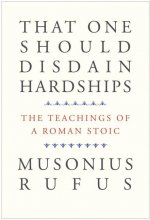
That One Should Disdain Hardships
346 Kč -
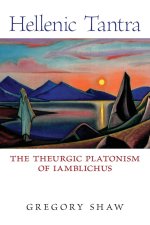
Hellenic Tantra
678 Kč -

A System of Logic, Ratiocinative and Inductive Book 3 8th Edition
545 Kč -

A System of Logic, Ratiocinative and Inductive Book 2 8th Edition
389 Kč -
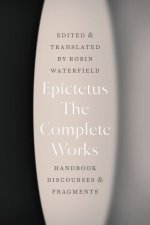
Complete Works
456 Kč -
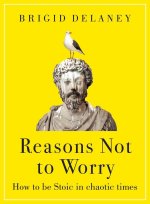
Reasons Not to Worry
517 Kč -
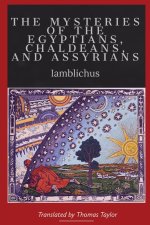
On the Mysteries of the Egyptians, Chaldeans, and Assyrians
199 Kč -
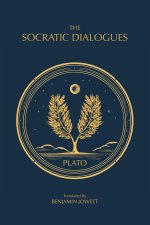
The Socratic Dialogues
502 Kč -
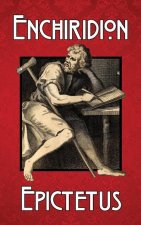
Enchiridion
323 Kč -
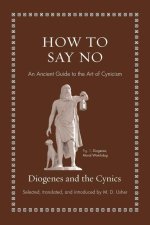
How to Say No
442 Kč -

Humanly Possible: Seven Hundred Years of Humanist Freethinking, Inquiry, and Hope
675 Kč -
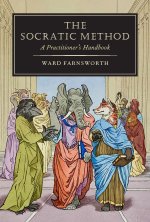
Socratic Method
576 Kč -
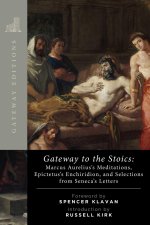
Gateway to the Stoics
338 Kč -

Theophania
495 Kč -
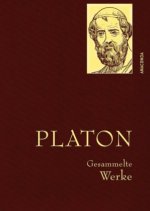
Platon - Gesammelte Werke
301 Kč -
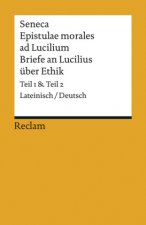
Epistulae morales ad Lucilium / Briefe an Lucilius über Ethik
604 Kč -
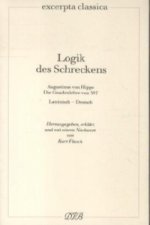
Logik des Schreckens
545 Kč -
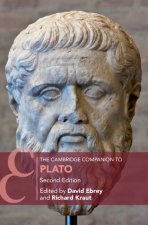
Cambridge Companion to Plato
922 Kč -

Was ist Zeit?
697 Kč -
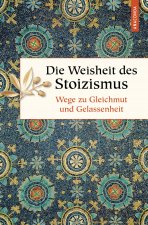
Die Weisheit des Stoizismus. Wege zu Gleichmut und Gelassenheit
157 Kč -

Hildegard von Bingen
431 Kč -

Die Illyrer
898 Kč -
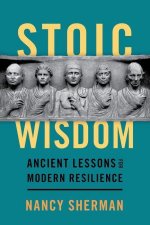
Stoic Wisdom
536 Kč -
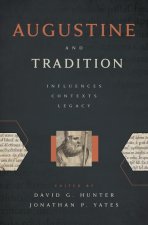
Augustine and Tradition
1745 Kč -
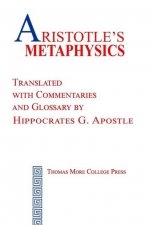
Aristotle's Metaphysics
633 Kč -
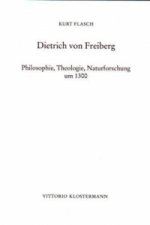
Dietrich von Freiberg
1214 Kč -
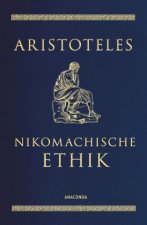
Nikomachische Ethik
302 Kč -

Hildegard von Bingen interkulturell gelesen
278 Kč -
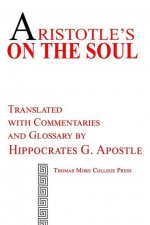
Aristotle's On the Soul
534 Kč -
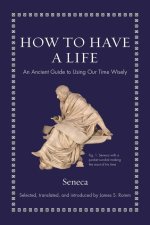
How to Have a Life
411 Kč -
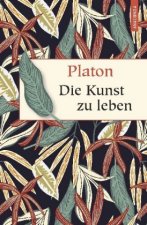
Die Kunst zu leben
157 Kč -
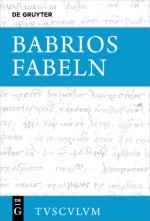
Fabeln
1086 Kč -

Weisheit in göttlicher Liebe
157 Kč -
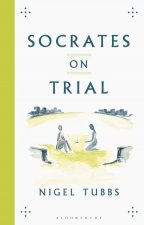
Socrates On Trial
732 Kč -
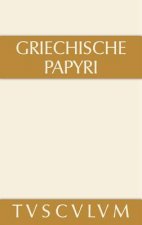
Griechische Papyri Aus AEgypten ALS Zeugnisse Des Privaten Und OEffentlichen Lebens
1282 Kč -
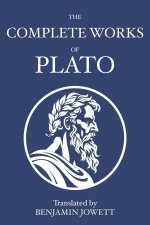
The Complete Works of Plato
1011 Kč -
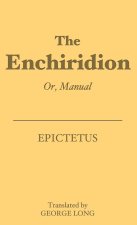
The Enchiridion
207 Kč -
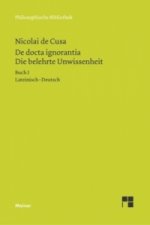
De docta ignorantia. Die belehrte Unwissenheit. De docta ignorantia. Tl.1
548 Kč -

Moral Und Eigennutz? Gerechtigkeit, Harmonie, Wissen Und Die Rolle Von Redner Und Staatsmann Bei Platons Suche Nach Der 'Idee Des Guten'
438 Kč -
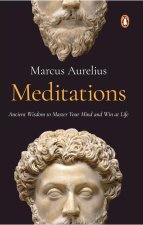
Meditations (Premium Paperback, Penguin India)
417 Kč -
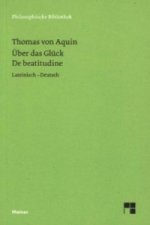
Über das Glück. De beatitudine
493 Kč -

Platon : Timaios - Kritias
1207 Kč -

Seneca, Gesammelte Werke
236 Kč -
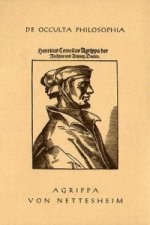
De Occulta Philosophia
600 Kč -
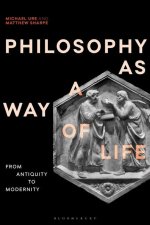
Philosophy as a Way of Life
882 Kč -
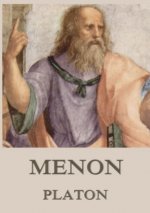
Menon
134 Kč -
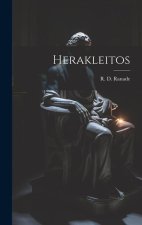
Herakleitos
786 Kč -

On Anger
290 Kč -
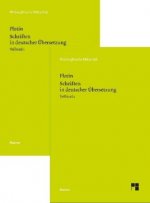
Schriften in deutscher Übersetzung
2288 Kč
Osobní odběr Praha, Brno a 12903 dalších
Copyright ©2008-24 nejlevnejsi-knihy.cz Všechna práva vyhrazenaSoukromíCookies


 Vrácení do měsíce
Vrácení do měsíce 571 999 099 (8-15.30h)
571 999 099 (8-15.30h)